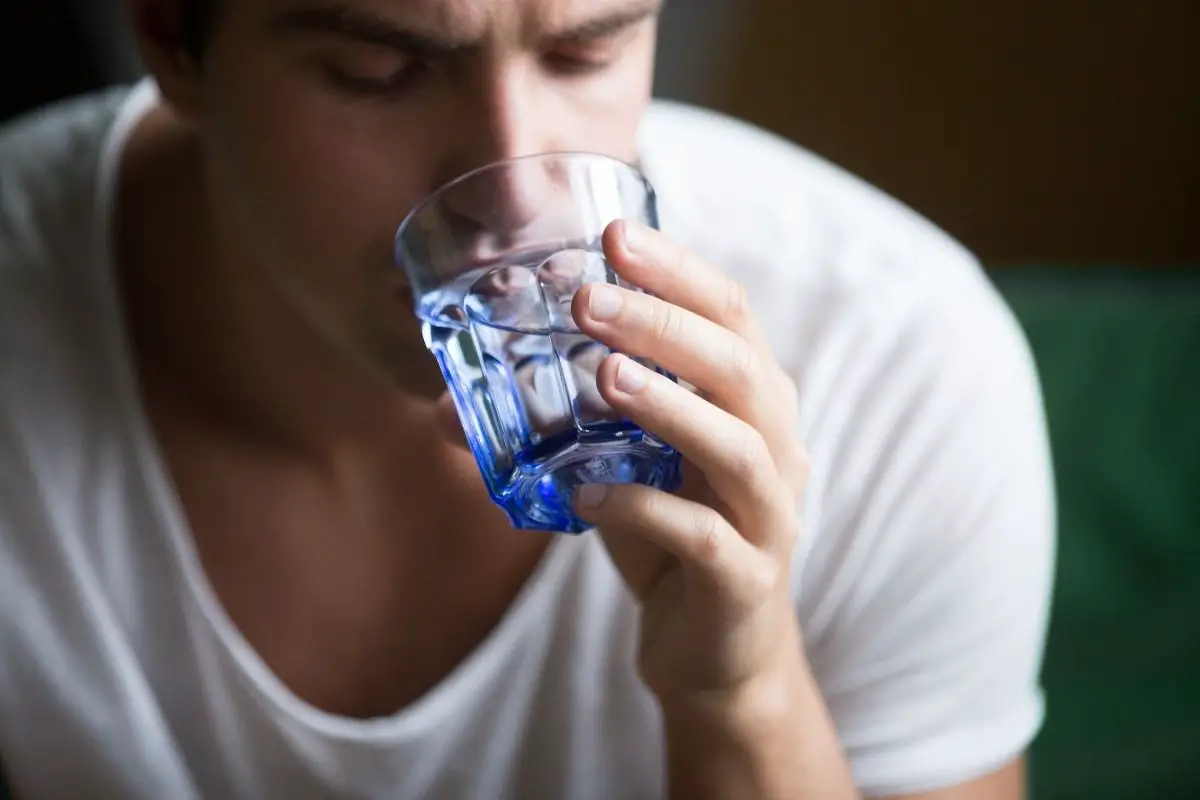Coffee boasts of being among the most preferred beverages across the world. Most individuals drink coffee due to its rich dietary caffeine content. The psychoactive nature of caffeine helps a consumer perform better physiologically and to stay alert.
However, caffeine intake may be dehydrating. Thus, you may wonder why consuming coffee dehydrates you rather than hydrating you like a liquid. In this article, you’ll learn whether consuming coffee is truly dehydrating.

Hydration and Caffeine
One of the main reasons why people love drinking coffee is the benefits that come with caffeine intake. Its psychoactive nature makes it the most preferred beverage globally. Caffeine in coffee can assist in boosting mood and elevating physical and mental performance.
Upon consuming coffee, the caffeine content gets ingested into the blood. It reaches the liver for further processing. The processed compounds from caffeine affect the functioning of some body organs, especially the brain.
While caffeine is traditionally known to affect the functioning of the brain, newer research shows that it can have diuretic effects on kidneys, especially when consumed in high amounts. A diuretic is any substance that can cause the body to produce a higher amount of urine than normal. Caffeine does so by elevating blood flow to the kidneys, thereby making them release a higher amount of water in urine than normal.
Since diuretic substances encourage urination, they may affect an individual’s hydration status. Thus, taking excessive caffeine can cause more frequent urination, thereby causing dehydration.
Amount of Caffeine in Different Coffee Drinks
Different coffee drinks contain varying caffeine content. Thus, each type of coffee may have different hydration effects. Let’s look at different coffee drinks and their caffeine content.
-
Decaffeinated coffee
Decaffeinated coffee, also known as decaf, is brewed from coffee beans whose caffeine content has been removed by not less than 97 percent. Although the name sounds deceiving, decaf isn’t entirely free of caffeine. A 240-milliliter cup of decaffeinated coffee contains about 0 to 7 milligrams of caffeine (3 milligrams on average).
-
Instant coffee
Basically, instant coffee offers a quick fix that doesn’t require any brewing. To prepare it, you simply mix 1 cup of water with 1 to 2 tsp. of instant coffee. Instant coffee dissolves easily in hot water. It’s manufactured from spray-dried or freeze-dried coffee beans. Instant coffee contains about 30 to 90 milligrams of caffeine for each 240-milliliter cup.
-
Brewed coffee
Also known as drip coffee, brewed coffee is among the most popular coffee drinks. It’s prepared by pouring either boiling or hot water over coffee grounds. Brewing is done with a percolator, filter, or French press. A 240-milliliter cup of a typical brewed coffee has a caffeine content of about 70 to 140 milligrams (95 milligrams on average).
-
Espresso
Espresso is a coffee drink that’s prepared by forcing steam or hot water through fine grounds. It’s prepared in smaller volumes than brewed coffee, making it have higher caffeine content. A single shot of espresso (30 to 50 milliliters) contains about 63 milligrams of caffeine.
Coffee May Not Dehydrate You
Although coffee contains caffeine, which is a diuretic, it may not dehydrate you in certain amounts. For it to have any major diuretic effect, you’ll need to take at least 500 milligrams of caffeine per day. That’s equivalent to 5 cups (1.2 liters) of regular brewed coffee.
A study was done on regular coffee drinkers to assess the effect of consuming 200 milliliters of water, coffee with high caffeine content (537 milligrams), and coffee with low caffeine content (269 milligrams) on dehydration. Findings from the study indicated that consuming coffee with higher caffeine content had a relatively short diuretic effect while consuming water and coffee with lower caffeine content was hydrating.
Other studies found that consuming coffee moderately is hydrating like drinking water. For instance, a study done on heavy coffee consumers found that consuming 800 milliliters of coffee per day for three days was hydrating like drinking a similar amount of pure water.
After assessing several studies, we found that consuming 300 milligrams of caffeine per serving (equivalent to 710 milliliters or 3 cups of regular brewed coffee) raised the amount of urine produced by just 109 milliliters more than drinking a similar amount of a non-caffeinated beverage.
Thus, although coffee can make an individual urinate more frequently, it doesn’t dehydrate you. The reason behind this is that it doesn’t make you lose more fluid than what you’ve drunk.
Conclusion
Coffee is rich in caffeine. Caffeine has diuretic effects that may increase the frequency of urinating. Thus, it’ll only take you consuming large amounts of coffee, like 5 cups or more of regular brewed coffee all at once to experience a major dehydrating effect. It’s advisable to drink coffee moderately to experience a hydrating effect.